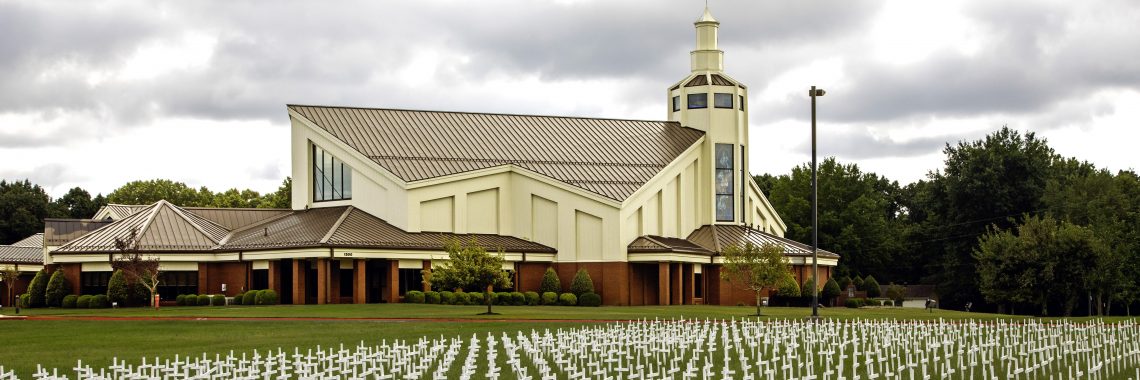Justice Department Asks Congress to Protect Children from Sex-Change Procedures

Last week the U.S. Department of Justice sent a proposal to Congress that would protect children from sex-change procedures.
The federal Victims of Chemical or Surgical Mutilation Act would generally prevent doctors, hospitals, and clinics from performing sex-change surgeries on children or giving them puberty blockers or cross-sex hormones.
In a press release, the DOJ said,
“The Department of Justice has heard from far too many families who have been devastated by mutilative medical procedures that fly in the face of basic biology,” said Attorney General Pamela Bondi. “While we continue our ongoing legal battle to protect children, we appreciate our colleagues in Congress who are working diligently alongside us to end these abusive procedures once and for all.”
The federal legislation would track with an executive order President Trump issued earlier this year.
In 2021, Arkansas became the first state in the nation to pass a law protecting children from sex-change procedures. The Save Adolescents From Experimentation (SAFE) Act prohibits doctors from performing sex-change surgeries or giving puberty blockers and cross-sex hormones to minors. That law was recently upheld in federal court. Since 2021, other states have enacted similar laws. A federal measure like the Victims of Chemical or Surgical Mutilation Act could help protect children nationwide.
Over the past five years, it has become clear that the medical “consensus” regarding transgender procedures on children was largely manufactured by pro-LGBT activists.
Men and women have come forward with chilling testimony about how they were rushed through gender transitions as children without knowing the procedures’ risks, consequences, and alternatives.
Sex-change procedures, puberty blockers, and cross-sex hormones can leave children permanently scarred, sterilized, and at risk of serious health conditions.
Public health experts in the U.S., the U.K., Sweden, Finland, and other nations have found that science simply does not support giving puberty blockers and cross-sex hormones to kids.
The Federal Trade Commission (FTC) recently announced a public inquiry into whether U.S. doctors and clinics may have deceived parents and children about the risks of these procedures, and the U.S. Department of Justice has subpoenaed doctors and medical facilities involved in performing sex-change procedures on minors.
A federal measure protecting children from sex-change procedures isn’t just good policy—it’s common sense, and it’s long overdue.
Articles appearing on this website are written with the aid of Family Council’s researchers and writers.
March for Life Planned in Rogers as Pro-Life Volunteers Place 1,000 Crosses at Local Church

On Saturday, pro-life volunteers placed a thousand crosses at St. Stephen Catholic Church in Bentonville to remember the 240,000 babies that have been aborted in Arkansas. The crosses are a temporary display by NWA Respect Life.
Sunday, September 14, 2025, the group will host a special march for life beginning at 2:00 PM in Rogers. The march will start at the Patriarch House next to Planned Parenthood (1230 W. Poplar in Rogers) and will proceed nearly three miles to the Metroplex Event Center (2305 S. 8th St. in Rogers). Guest speakers at the march will include State Senator Jim Dotson and National 40 Days for Life Director Heather Gardner.
Abortion in Arkansas is generally prohibited except to save the life of the mother. However, Planned Parenthood has two facilities in Arkansas — one in Little Rock and another in Rogers — as well as an abortion facility within driving distance of Northwest Arkansas. The organization also spends millions of dollars encouraging women to cross state lines for abortion. More generally, pro-abortion lawmakers in other states have enacted “shield laws” to prevent authorities in pro-life states like Arkansas from holding abortionists accountable when they deliver abortion drugs across state lines.
It’s good to pass laws prohibiting abortion, but we must make abortion unthinkable and irrelevant as well. With that in mind, there is clearly more work to be done.
Articles appearing on this website are written with the aid of Family Council’s researchers and writers.



